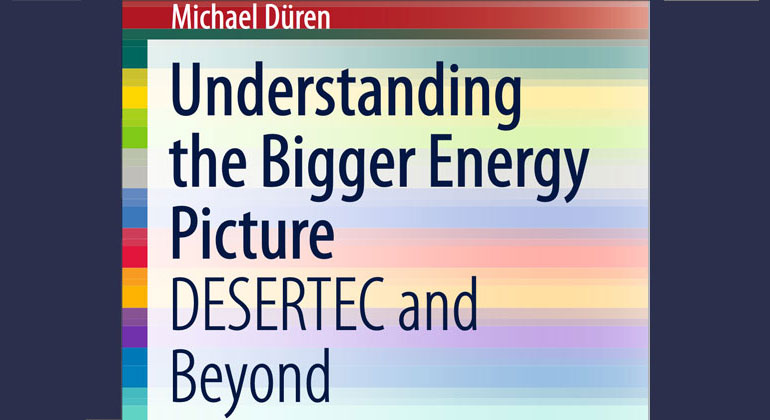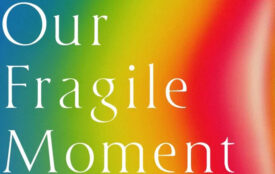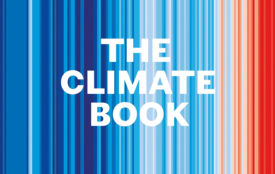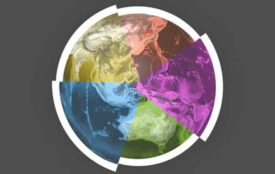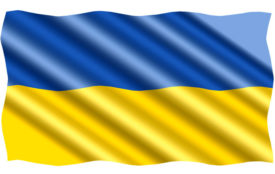Understanding the Bigger Energy Picture
Describes today’s energy problem and possible future solutions
This book focuses on the global cycles of energy, water and carbon, which are not only the essentials of our main energy carriers, the fossil fuels, but are also the building blocks of life. The book offers an overview of the basic scientific facts and relationships that are needed to understand today’s energy generation and use, how they relate to global climate, the water cycle and other resources, and the complexities of energy policy.
Building on the work of the Desertec project, it presents the main technological options that we will have in a world after the “Energiewende” and presents the possible future solutions for a sustainable world. The book is written in an engaging, descriptive style that can be understood by those without specific knowledge of science or economics and allows readers to form their own conclusions.
Controversy rages over energy problems, climate change and their possible solutions. Expressions like “climate deniers”, “renaissance of nuclear energy”, “stop the war on coal”, and “Energiewende now” represent a diversity of opinions that divide our society and political leaders. This book shows the reader the whole energy picture and how it is part of the wider global problems of overpopulation and uncontrolled economies in a world of limited resources.
Michael Düren (*1957) studied Physics at the RWTH in Aachen, Germany and obtained his PhD in 1987 in the field of particle physics. After a postdoc at the Max Planck Institute for Nuclear Physics in Heidelberg, he moved to the University Erlangen-Nürnberg, was an interim professor at the University of Bayreuth and, since 2001, he has been a professor of experimental physics at the JLU Giessen.
Since 1988, he has been a member of the Energy Working Group at the German Physics Society. In 2006, he was the co-founder of the interdisciplinary SEPA Working Group (Solar Energy Partnership Africa-Europe) at the University of Giessen and in 2008 the co-founder of the DESERTEC foundation. In July 2011, he was appointed as coordinator of the DESERTEC Academic Network. His experience as a lecturer in front of medical students – some of whom had a distinct science aversion –has taught him to present physics in an understandable way.
- Download Vorwort 1 PDF (38.7 KB)
- Download Probeseiten 2 PDF (1.4 MB)
- Download Inhaltsverzeichnis PDF (106.4 KB)
- Open Access: Kostenfreier Zugang zum Buch
- ISBN 978-3-319-57966-5
- Dieses Buch ist ein Open Access Buch und ist frei zugänglich auf link.springer.com
